From the Principal
Samantha Jensen
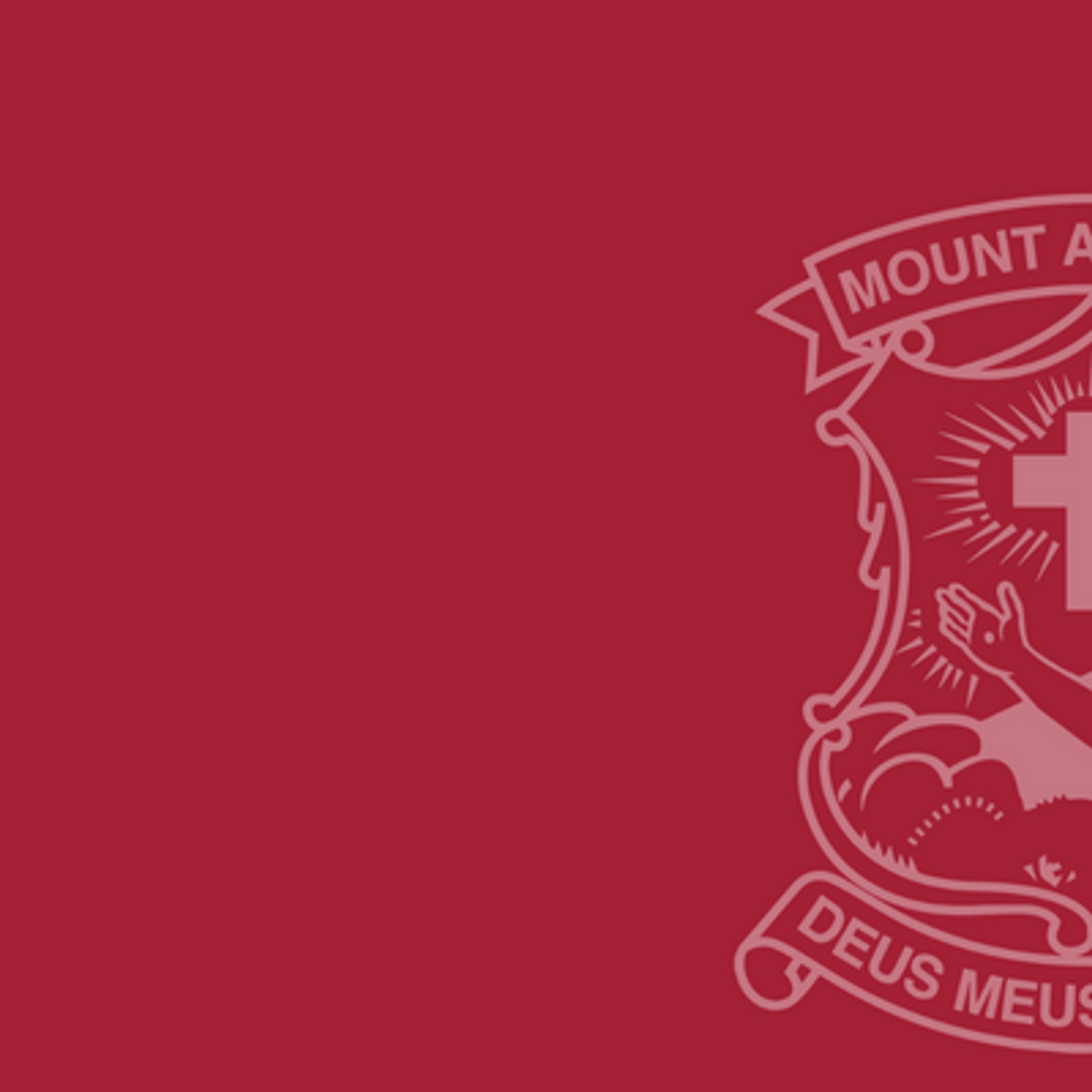
From the Principal
Samantha Jensen
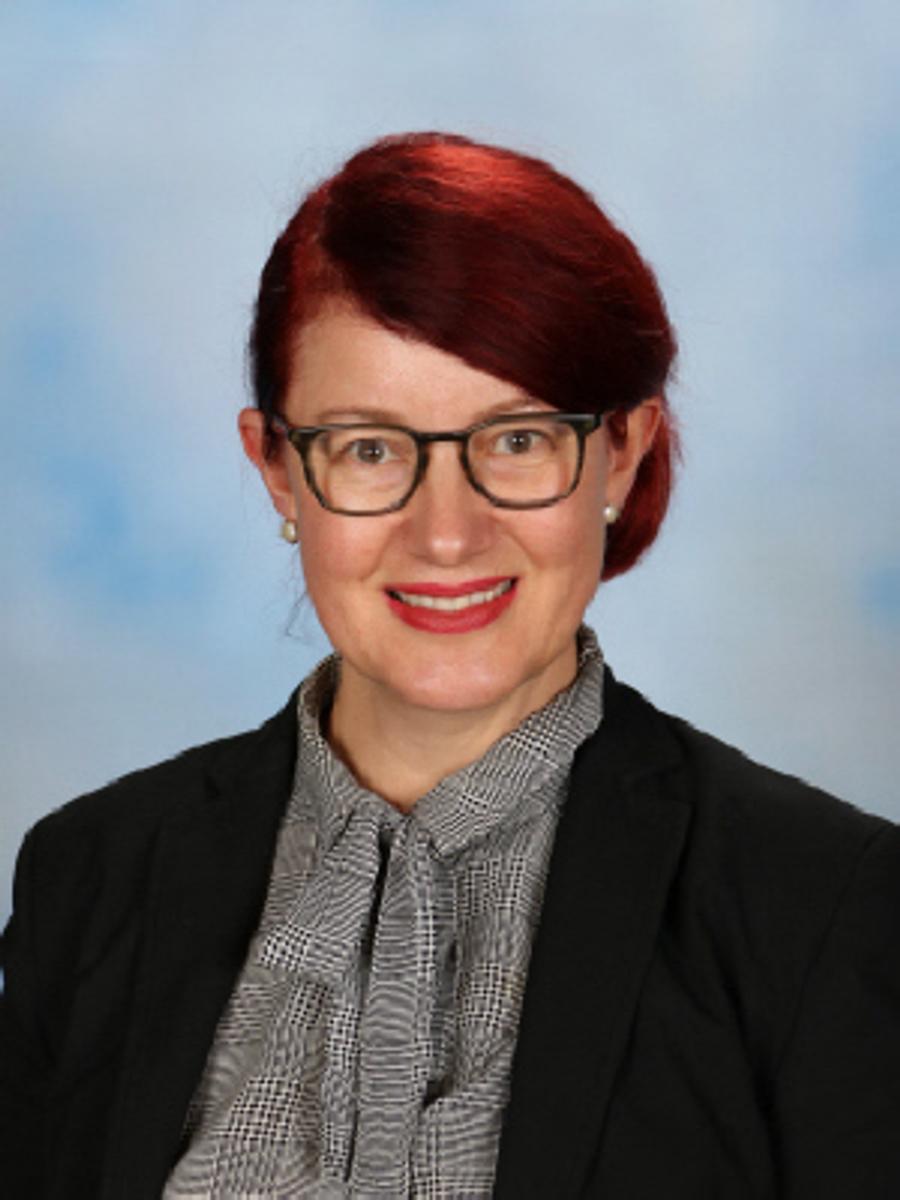

Dear Parents and Carers,
Welcome back to term 2! Hopefully, like me, you were able to fill your cup over the Easter Break doing those things that give you joy, spending time with those you love and to just stop…and breathe. We were certainly graced with a couple of weeks of glorious weather in the Southeast, so if you were ‘staycationing’ as I was, it was certainly a treat. It has been a terrific start to term and the spring in everyone’s step has been evident, except for a few tired eyes Monday and Tuesday morning as we transitioned back into the rhythm of routine.
As you will know, this year we are leaning into our guiding value of respect. There is much to unpack with our young people in this value, and we continue to work intentionally with them in drawing out the relevance and meaning it holds in our relationships with each other. In essence, respect is fundamental to a thriving and compassionate community. When working with adolescents, it is fair to say that this concept is still a work in progress at times, but as adults we continue to role model respectful relations and encourage them to ‘speak up and call out’ behaviours that are disrespectful.
A few times last term, I was disappointed have staff distressed by emails they had received from a parent or carer. These were communications that were not reflective of respect and were not in keeping with the Franciscan community that we have all worked hard to create. The keyboard warrior is a well-known archetype, and sadly in our ‘click and go’ society, it is far too easy for individuals to hide behind hurtful, heightened and emotive words on a screen without the human recipient in front of them. At Mount Alvernia College, we recognise that there will be times when parents and carers may feel upset, aggrieved, or disappointed. On those occasions where there is distress and emotion, we ask that you make a phone call or seek an appointment to speak with someone at the College who can assist you. This request would also stand for concerns that are exchanged or expressed on social media. Our Deputy Principal of Teaching and Learning, Ms Kath Little will also be addressing some of the protocols for parent communication and partnership in relation to student learning in her entry this week.
Set against a precarious context, where many teachers nationally and internationally are leaving the profession, and where new OHS legislation are now in place to protect employees from psychosocial hazards – I would ask that we work together in ensuring that our communication is appropriate and respectful, even when things are not travelling according to our expectation or wishes. On that note, I do wish to thank and acknowledge the VAST majority of our parent community for their ongoing partnership and effective communication and dialogue. We love working with you
The College continues to manage, mitigate, and deter vaping at our College. We continue to reinforce our expectations in a way that speaks to our student code of conduct and in a way that recognises and educates our students on the significant health risks associated with vaping. The extract below, comes from a recent circular compiled by the Alliance of Girls’ Schools Australasia which as educators we have found helpful and we hope that as parents and carers you do also.
“It appears peer pressure is a significant factor influencing vaping amongst young people. Even though vaping is technically controlled, advertising and promotion are illegal, companies can use other strategies to target our youth. Social media has been found to play a role as both an information source and as a means of exposure to vaping. Products are targeted towards young people with cartoon like logos and flavours such as Menthol Freeze, Bubble-gum, Berry Bash, Appletini, Fresh Mint, Mango Tango and Watermelon Wave. There is a flourishing network of online dealers, street sales and convenience stores supporting a thriving black market for illegal nicotine vapes which young people can easily access. (ABC News: Four Corners, 2022)
The researchers at Griffith University suggest a number of strategies teachers and schools can do to encourage students not to vape.
Engaging students in a conversation about vaping and associated behaviours is challenging. It is not just teachers who need to conduct conversations as part of a strategic and well-planned Health Curriculum but parents also need to be brought into the conversation. Gavin Russell, Director of Academic Operations at Queenwood, provides the following advice. (Russell, 2022)
Schools need to be proactive and realistic about vaping. The research indicates that girls are more likely to try vaping prior to smoking than boys. Risk taking amongst adolescents is part of the problem but we have seen how successful health programs have been in reducing the incidence of smoking. Punitive responses are less likely to be as effective as strategies which are based on research evidence coupled with an information rich and engaging Health Program. Girls’ schools have a particular challenge assisting in the prevention of girls vaping which is more likely to lead to smoking”.
We continue to work in partnership with our parents in this important health challenge. Ms Dendy – Deputy Principal of Student Development and Wellbeing has addressed this topic again on Assembly this week with the students.
With the heavier topics now covered, I wish to acknowledge the exceptional ANZAC day commemorative ceremony we had this week and in particular the thoughtful and moving address that Mr Peter Saxon representative of the RSL Kedron-Wavell Sub Branch gave to our students. I wish our RSL Liaison Students; Ella, Isabella along with Mrs Bopf, a wonderful time in Canberra and look forward to seeing many of our students and community members at the ANZAC Day dawn Service and march next week. Lest we forget.
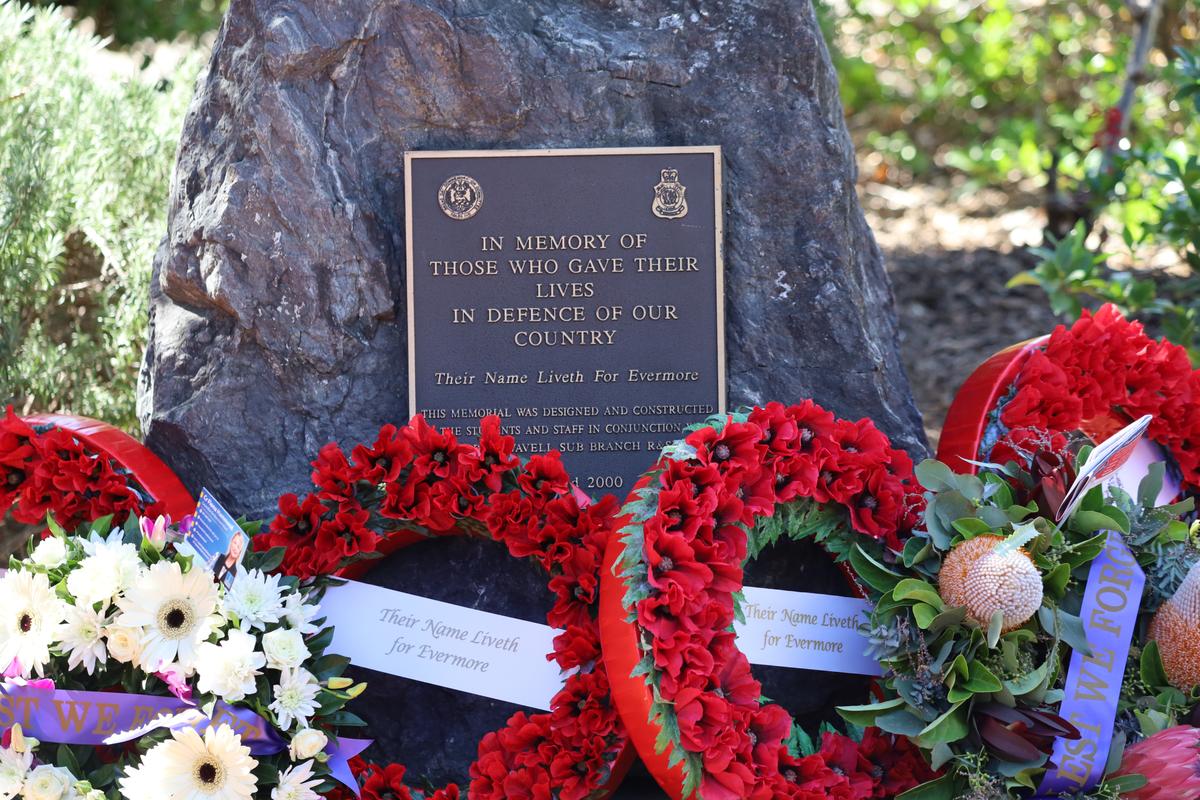
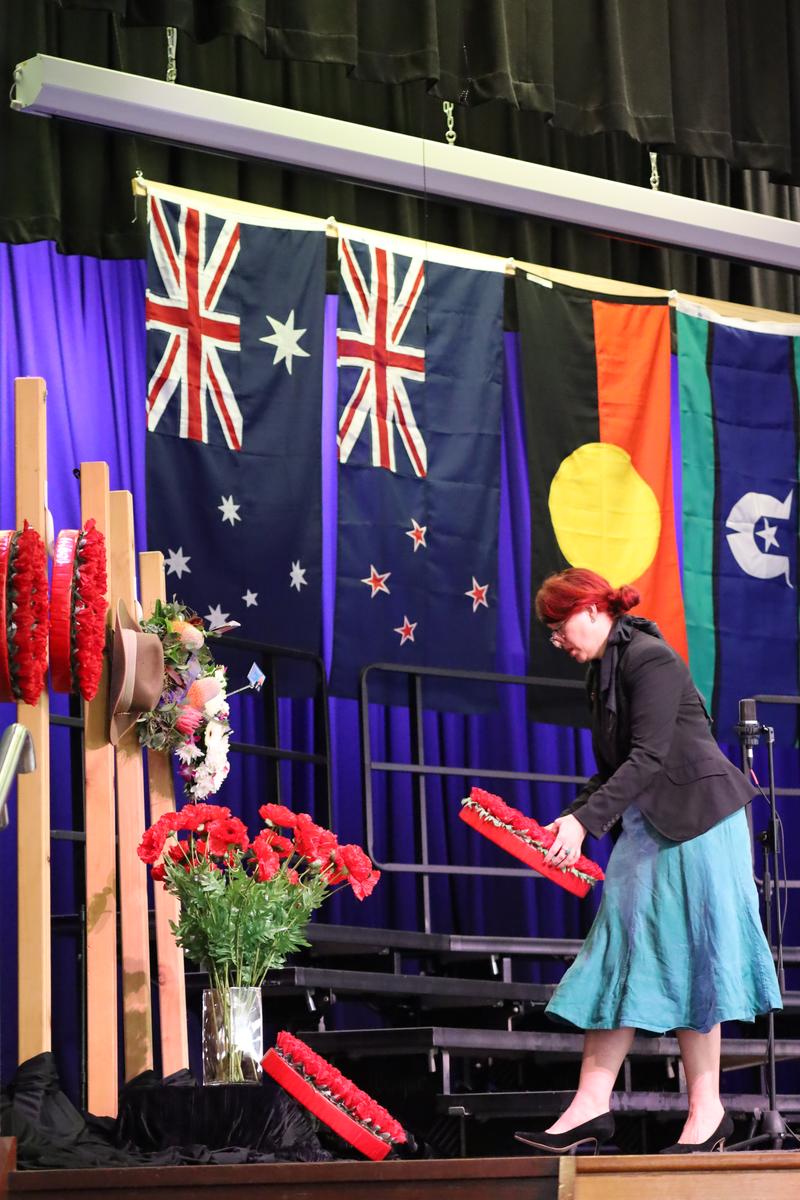

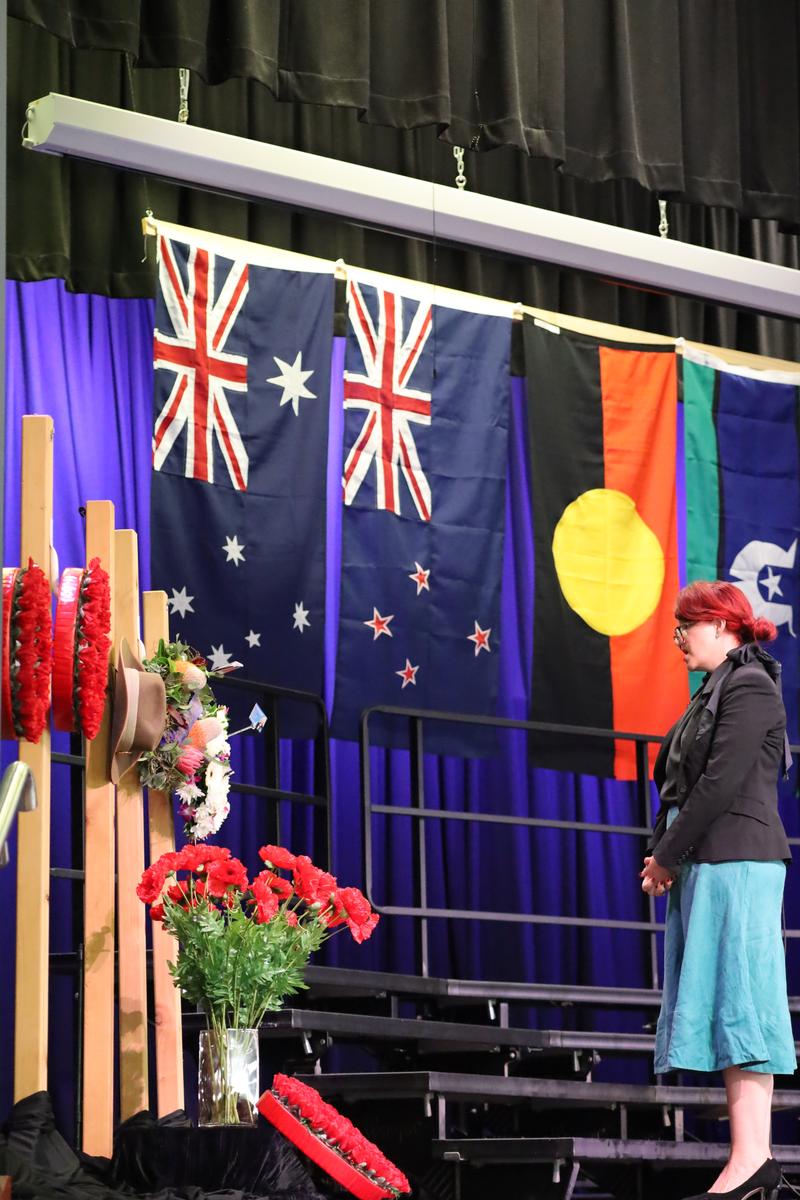




I wish all our students a productive term and in the spirit of our strategic plan that our work and our intentions are “both grounded and aspirational, building on our strong Franciscan heritage and values” always.
Lord, you are creator of the universe and author of all that surrounds our lives .Send us your Spirit of wisdom as we study this term. Let our efforts lead us to a deeper knowledge of you, of your people and of your world. May we find you, our Creator and Lord, our God and Saviour, in all things.
Amen.
Peace and all good,
Samantha Jensen
Principal